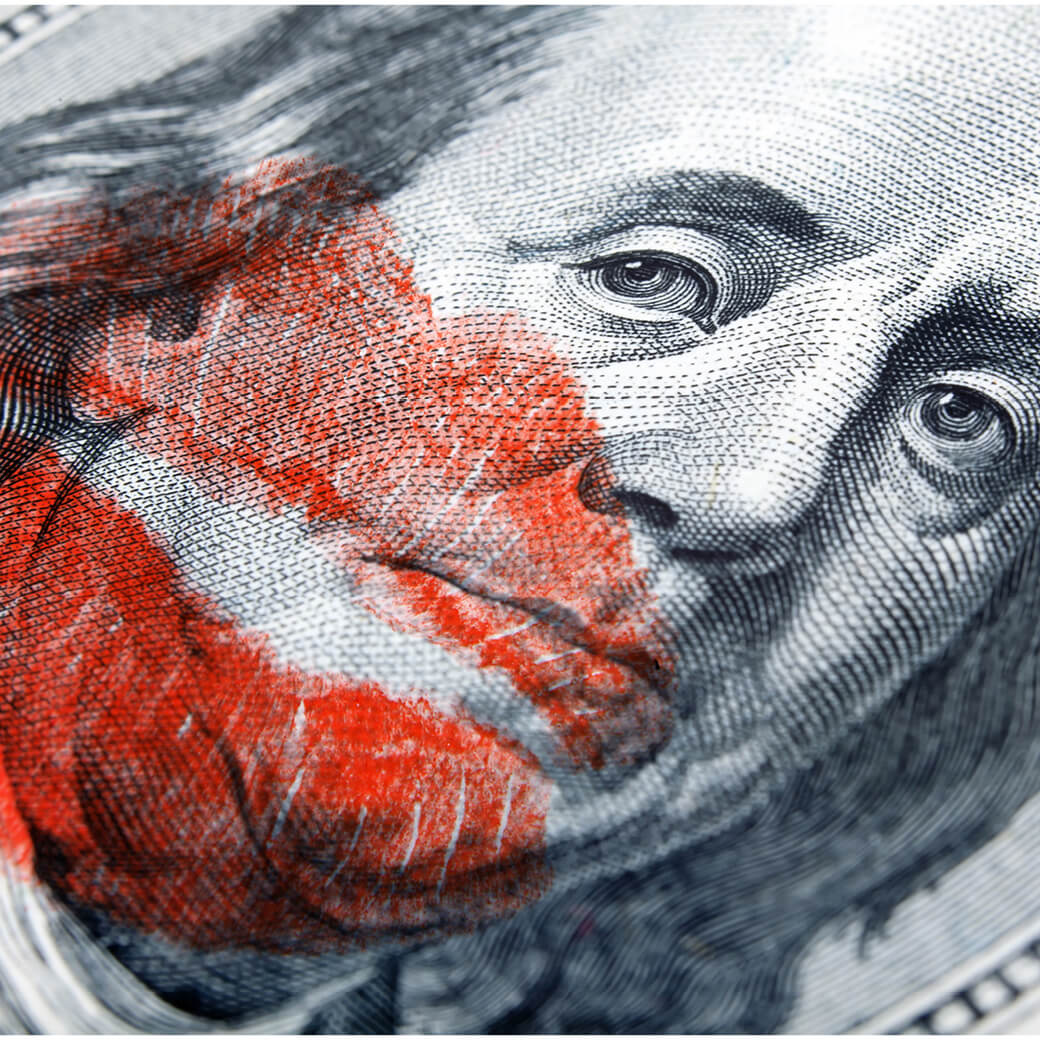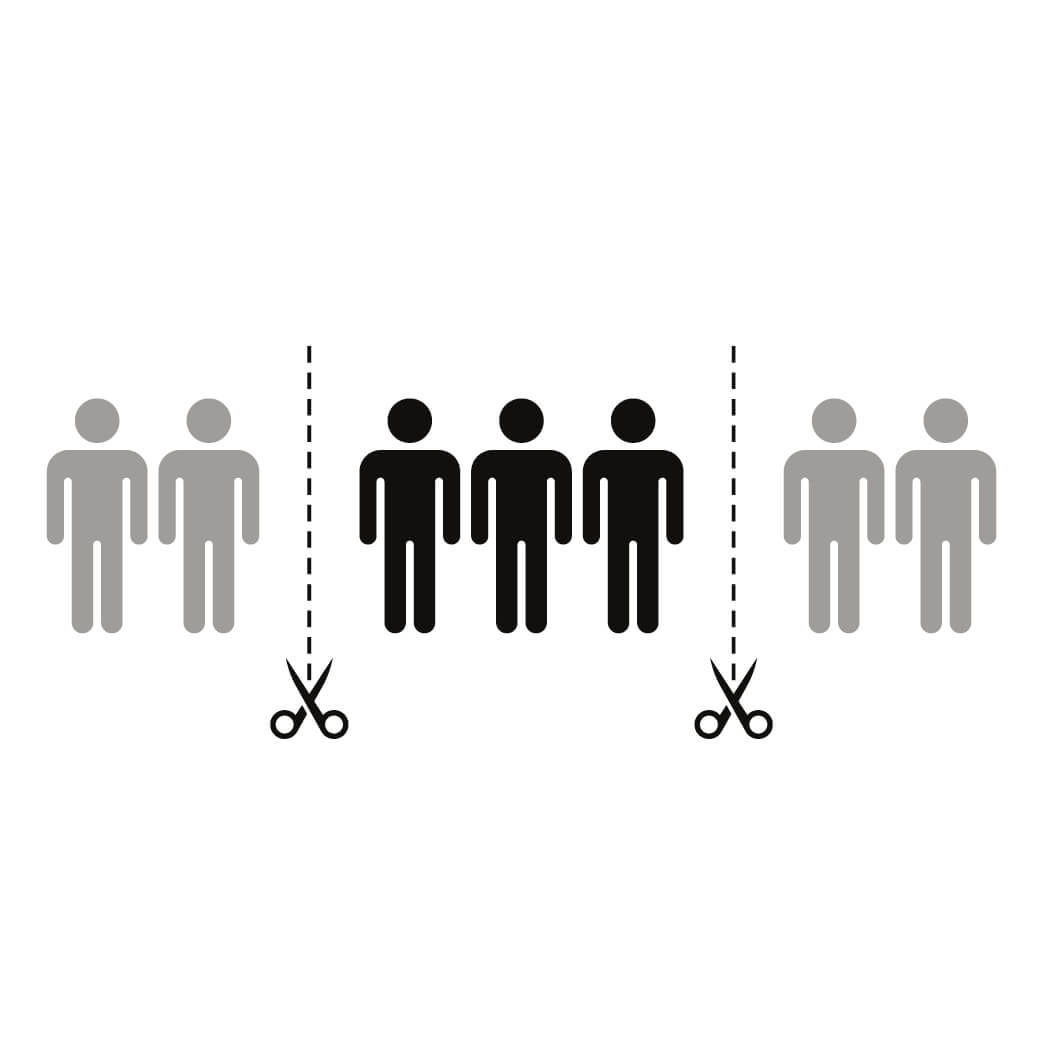
One of my longest-time friends splits his time between living in Bangkok and Bali. (Spare him your pity…) He is a former trade negotiator for the US government and is now in high demand as a trade analyst on Asia Pacific issues. A huge part of his work concerns the relationship between the two gorillas of international trade: the United States and China. As such, he has been a regular visitor to China.
A few years back he told me about some Chinese acquaintances who returned from a long-dreamed-of trip to New York City. These people had been so excited to visit such a world-renowned center of style, finance and culture. He said they returned not just disappointed but concerned. They could not reconcile the New York in their minds with the grungy, worn-down, crumbling city that greeted them. Travelling from Shanghai, where in recent times the city skyline would noticeably change every few months with several new architectural masterpieces clawing at the sky, to the potholes and creaking subway cars of NYC, the visitors were not just bewildered, they were worried for the future of America. It seemed to them that all our glory was well into the rear-view mirror.
Infrastructure: It’s not just something Congress fights about. For decades, there has been no coherent plan to maintain the US national infrastructure. Pretty much anyone understands that if you perform no maintenance on your car or house it will slowly fall apart, but on a national level we have all allowed this exact situation to manifest. We are a nation of potholes and bridges close to collapse. Our electrical grid is strained to breaking. We have severe housing shortages. In recent memory, even our ICBM defense system had to FedEx a single wrench between missile silos. We have become a bloated mess of countervailing priorities, much more inclined to fight about doing things than actually doing things.
To me, however, our bigger problem and the one that needs to be fixed with even higher priority is our social infrastructure. The very concept of the United States is crumbling; the resultant and visible crumbling of our hard assets is just a symptom of this larger problem. When you reach the point where the guiding principle for your goals is solely to be in opposition to the other side’s goals, it guarantees a shrinking future.
The fact that many people imagine that this is only about people on the “other” side proves the point.
Something that makes George Washington part of a very rarified club (with perhaps Nelson Mandela and Cyrus the Great as the only other senior members) was his ability to ignore rampant adulation and make decisions that were for the good of all. Washington was encouraged to be President for life – essentially to be a king – and he was in a position where he could have made it happen, but he turned it down. He truly understood what the brand and promise of the United States meant and he lived up to it. He did a job for the good of the nation and then he walked away. He was seen to live democracy so that there could be democracy.
Could we be farther away from that now? The single biggest universal moneymaker in the USA is national dissent. People who have the power to unite this country instead sell it out relentlessly for personal gain. National dissent lines the pockets of “news” personalities. It fuels media conglomerates. It spurs weapons and ammo sales. It vacuums hundreds of millions of dollars into vicious political campaigns. It is the lifeblood of social media companies.
Add this on top of the long-established lawmaker-to-industry revolving door of corruption and self-dealing and the idea of the “the market” as a cleansing tool beggars credulity.
There should be little surprise then that drawing up and passing a bipartisan bill to invest in our nation’s infrastructure proved impossible when such a high percentage of the people needed to come together and vote on it derive their power, privilege and paychecks from relentlessly and recklessly throwing firebombs at each other for soundbites. Sadly, partisanship appears to be the only truly bipartisan pursuit.
To be clear: This will only stop if our eyeballs, ears, dollars and clicks demand it.
A very interesting book I read a few years back is Prisoners of Geography by Tim Marshall. It explains, using maps, various points in world history through the geography of the area concerned. One of the maps was of the modern US. He posited that the US is a country very unlikely to ever successfully be invaded. His observation was that the US is extremely large, with friends to the north and south and oceans on either side, combined with a powerful military. In addition, there are more guns than people. Armies have a term for such conditions: a “porcupine” and they generally wish to avoid the guaranteed risk, toil and cost.
A sad counterpoint to Marshall’s book is that no one will need to invade the US if we destroy the country ourselves. Our opponents can just anonymously fan the conflagration from the sidelines via social media, as they already do and watch our nation slowly dim the beacons of democracy, freedom and prosperity.
At our nation’s most prosperous, Americans worked in competition, but our foes were beyond our borders. Now we have made our enemies other Americans, and our long-term prosperity is becoming collateral damage in the fight.
Recently, some light has been shed on the fact that a strategic store of cobalt that the United States had first identified in The Congo 60+ years ago, was brokered and sold to the highest bidder – which turned out to be China. This represents the world’s largest deposit of a material that is critical to the manufacture of Electric Vehicles. While divisive infighting leaves the USA incapable of any strategic long-term planning, China is aggressively investing for its future. Global deposits of numerous critical resources are now owned by Chinese government influenced companies. China manages the ports at either end of the Panama Canal and owns close to 100 ports around the world with footholds in many more. On the military front, partly due to relentless industrial espionage and handily assisted by bungled security on the part of the US, China is beginning to draw even with US capabilities.
The old adage that “failing to plan is planning to fail” is ringing true for the United States.
When we had members of the Congress and Senate and the people that voted for them that had fought and shed blood in WWII and witnessed the world’s future tottering on a fulcrum, we had people who had seen how bad things can be. We had people that fully understood how rare and precious a jewel a “United” States is, and that cooperation and compromise are the very water that floats the ship of state. Now, we have Tweets, insults, threats, violence, from all sides, with too many people feeling that they are absolutely right and that the other side is absolutely wrong.
Most of us play to small arenas. We don’t have national voices. But we do have friends, we do post on Facebook and Nextdoor and TikTok. And we do VOTE.
Much as a thousand thin strands can be braided into a hawser strong enough to tow an oil tanker, the relational decisions you and I make, with a view toward national unity, can slowly pull the ship of state around.
Which will be a good thing because soon the US may no longer be the biggest thing in the ocean.

When humans face true cataclysm, we pull together. When it’s about money and power, not so much.

When people see public health messages directed at them, they are very aware that others can see them also and it can trigger concern of how other people in the community now think about them.
People seek to have power over their own lives. Teens, adults, older adults – everyone. What happens when they feel powerless? What happens when you or your communications make them feel they have less power?
The way we talk to others demand that they accept an identity for themselves, and sets up a particular relational dynamic. If we're not careful, that identity can be stigmatizing or turn away the very people we're trying to help.
Get the latest posts and updates delivered to your inbox.